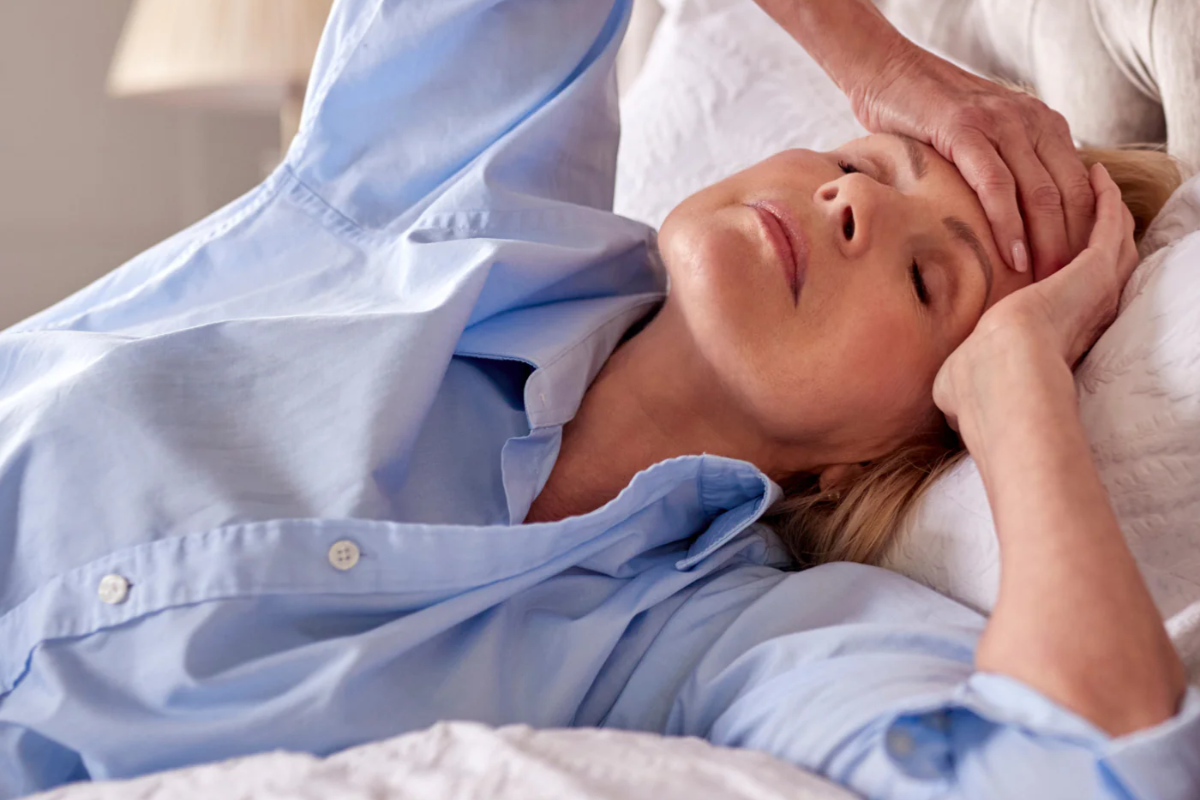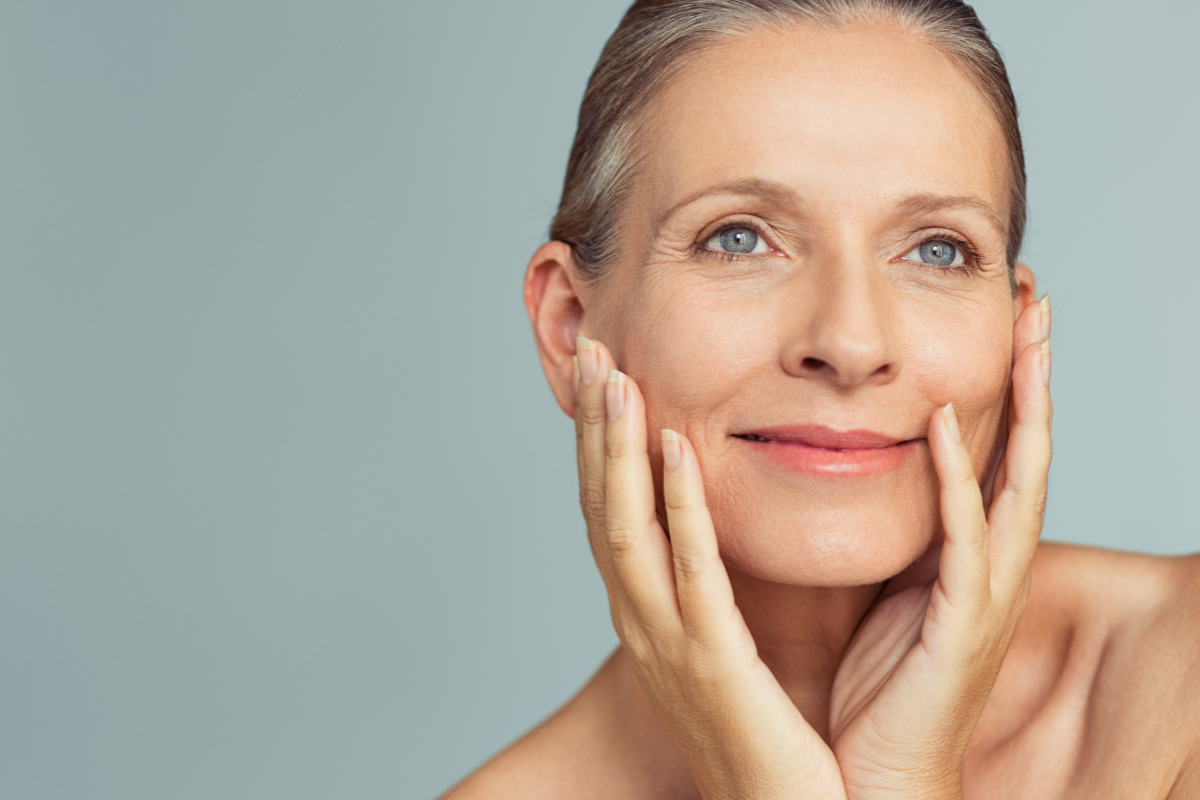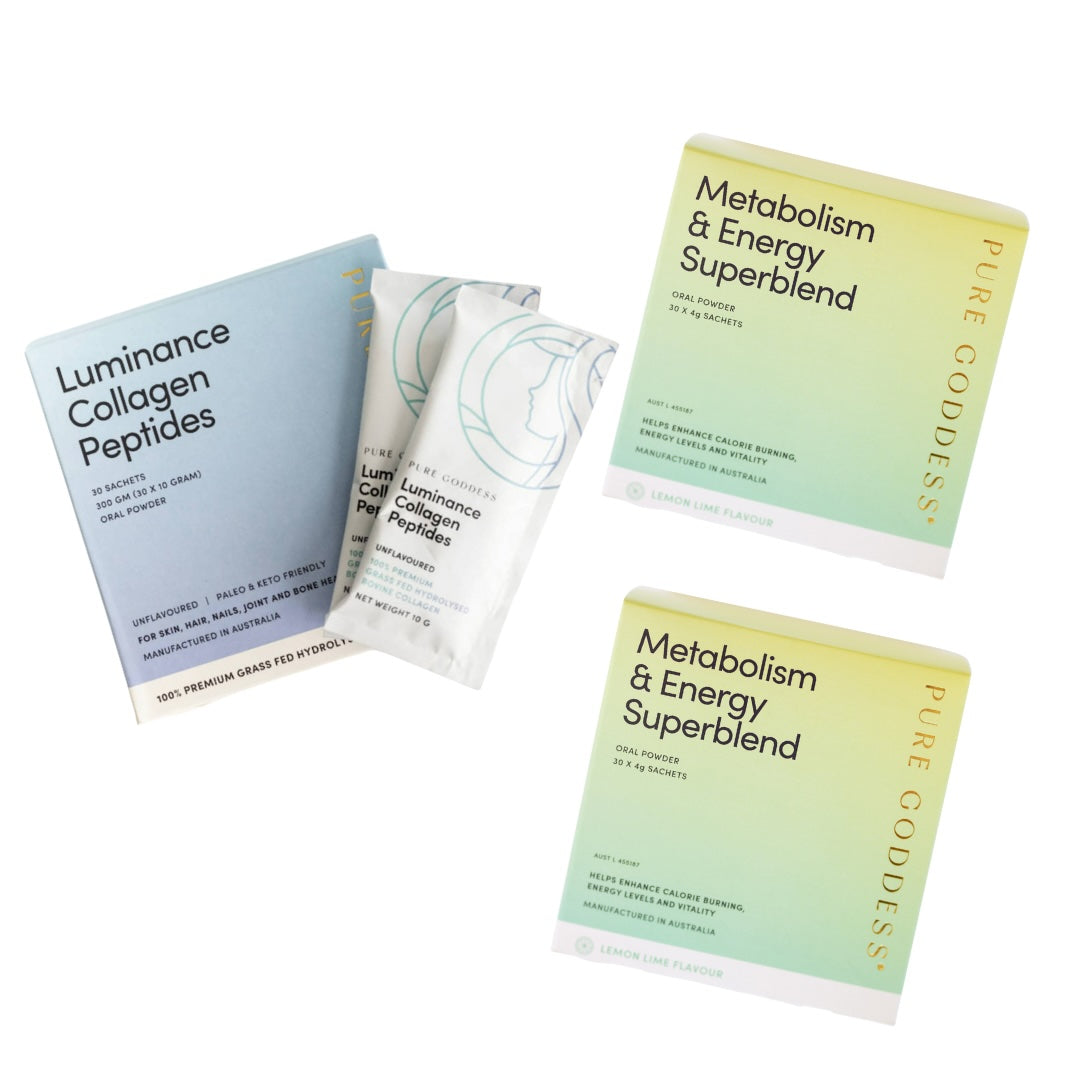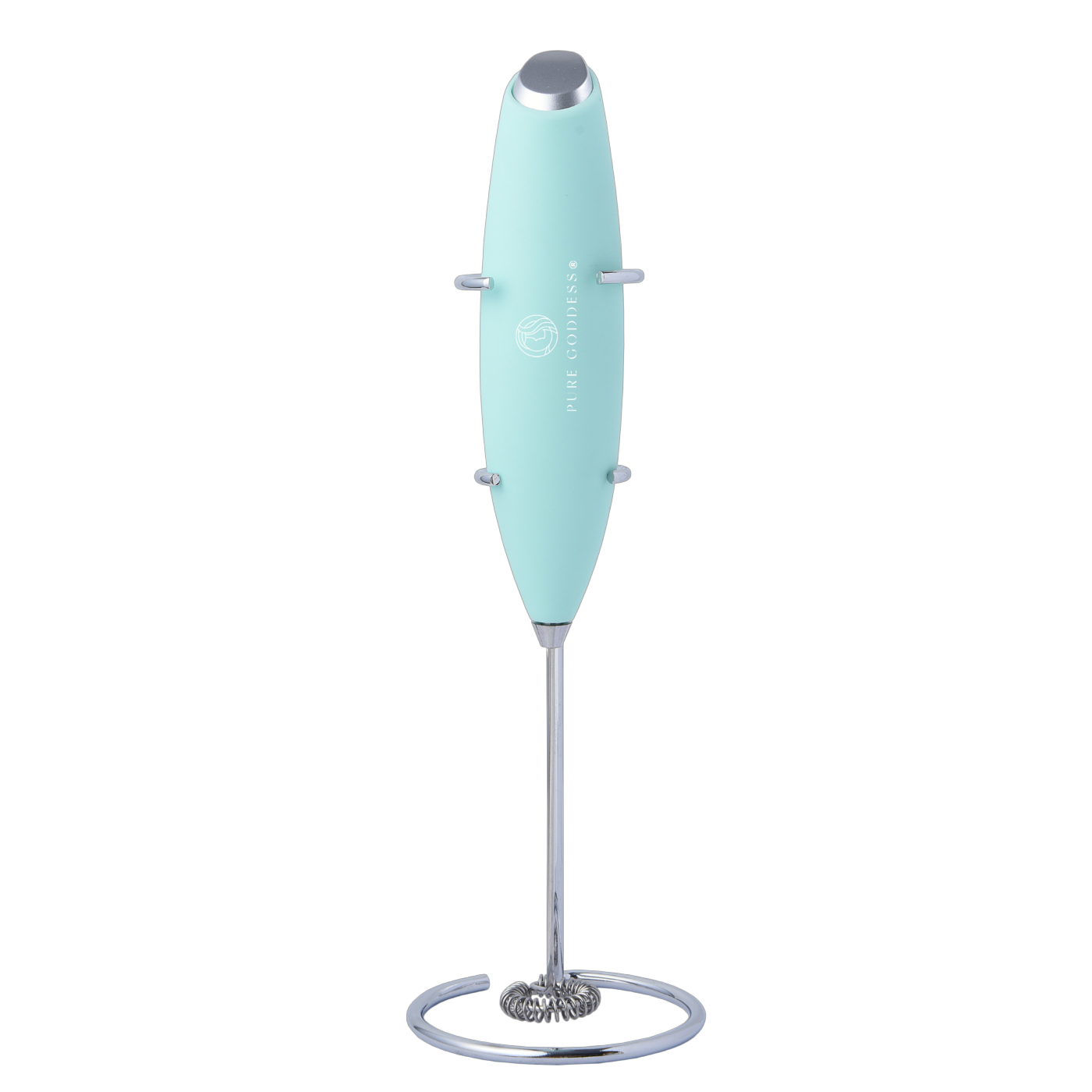
What Causes Night Sweats in Women? Symptoms, Triggers, and Natural Treatments
Waking up drenched in sweat and feeling like you are stuck to the sheets can be a really uncomfortable experience. Here we discuss the reasons why this happens as we go through perimenopause and menopause, and how you can manage it.
Vasomotor symptom (VMS) is the scientific name for those yukky night sweats or perimenopausal/menopausal sweating that can significantly and negatively impact women.
Experiencing sudden bouts of intense heat without any apparent cause can disrupt sleep, work, social interactions, and relationships.
One moment you're feeling fine as you settle into bed, but soon after, you're jolted awake feeling as if you're in a sauna suit. Sweating profusely, you're throwing off the covers in haste and pull off your nightie. At times, the sweating is so excessive that changing clothes and sheets becomes a daily necessary task. Night sweats are one of the most common and reported unpleasant side effects of perimenopause and menopause.

Let's delve deeper into the facets of menopausal night sweats:
Duration
Menopausal night sweats can persist for an extended period, with some women experiencing them for more than 10 years. This prolonged duration can significantly impact daily life and overall well-being.
Prevalence
Night sweats are prevalent amongst 80% of Australian women over the age of 40 who are going through the perimenopausal/menopausal phase of life.
Onset
Night sweats can start years before menopause, during the perimenopausal phase. This means that women may experience these symptoms while still having regular menstrual cycles, adding to the overall duration of midlife changes and the discomfort that comes along with it
Variability
While many women experience varying durations of night sweats as previously discussed, they have also reported varying degrees of sweating, some really light sweating but on the other end of the scale many have reported some very heavy sweating.
Understanding how women suffer with varying degrees of the night sweats provides insight into the complex nature of them and highlights the need for tailored approaches to support women through this phase of life.

Why do they happen?
These Intense sensations of heat occur when your blood vessels dilate, leading to increased blood circulation, followed by their subsequent constriction (tightening).
This weird sensation is often accompanied by excessive and rapid onset sweating alongside an accelerated heartbeat, resembling symptoms of a panic attack, which can persist for a brief period or longer. The first time you experience them you wonder what the hell is going on, which can make you panic even more! Take a breath, cool off and let it pass.
Although vasomotor symptoms are very common during perimenopause and menopause, the underlying cause remains completely unknown. Fluctuations in estrogen levels are believed to produce these symptoms, leading to fluctuations in body temperature regulation within the hypothalamus region of the brain. However, estrogen is not the sole contributor to the rapid onset of vaso motor symptoms. It is possible that other elements within the nervous system, such as serotonin and noradrenaline (neurotransmitters), also contribute to night sweats.

How can night sweats be treated?
Management of these perimenopause and menopause vasomotor symptoms is not ‘one size fits all approach’. The good news is that there are many options for you consider.
There are pharmacological (medication) or hormonal options available such as HRT, that you can discuss with your health professional but there are also a number of non-pharmacological options for you to consider;
Counselling and psychological interventions like cognitive behavioural therapy (CBT) can be effective.
Hypnotherapy could also provide relief.
Acupuncture is another option that some women find beneficial. While practices like paced breathing, exercise, and relaxation techniques, like mindfulness can improve overall well-being, however, they may not notably alleviate all perimenopausal/menopausal symptoms.
Here's some practical tips for you to try;
Wear Loose clothes
Loose fitting clothing can keep you cool even in the winter months. Opting for cotton clothing can be a good choice.
Natural fibres
Many clothes are made of natural fibres such as cotton, linen, bamboo and viscose, which are breathable. Cotton cool bedding is also helpful when you are going through these stages in life.
Room temperature
Try to keep it cool. Maybe open a window and let the breeze through.
use a fan, they are a great help day and night. Cooling sprays are available specifically aimed at menopause flashes and night sweats.
Work environment
Speak to your employer. Can you cool down the room temperature or open a window, or keep a fan at the ready?
Lifestyle changes
Avoid triggers if you can. Alcohol, caffeine, hot drinks and spicy food are the main culprits, but you may notice triggers specific to you. Stopping smoking can help too, as smoking can make hot flushes and night sweats worse.
If you need resources for eating a healthier diet, take a look at our Pure Goddess 28 Day Metabolic Reset Program for recipes and information.

Night sweats aren't always caused by perimenopause or menopause
Night sweats can stem from various sources beyond our midlife stage. Conditions like diabetes, sleep apnoea, lupus, certain cancers, and other medical issues can also trigger them. Hence, it's crucial to consult a healthcare professional if you're experiencing persistent and intense night sweats to explore potential underlying causes.
Now you have a few tips to reduce those awful and uncomfortable night sweats, get on and try them so you enjoy a more comfortable nights sleep.
Check out our Pure Goddess insomnia blog which contains helpful hints and tips to sleep better!





Leave a comment
This site is protected by hCaptcha and the hCaptcha Privacy Policy and Terms of Service apply.